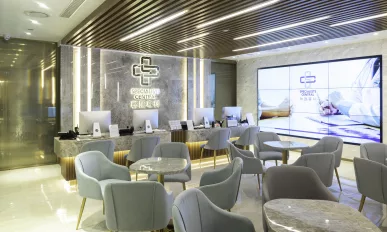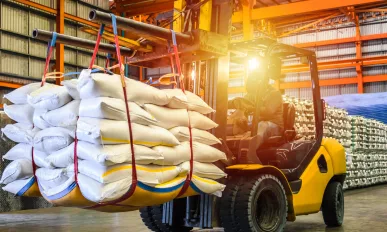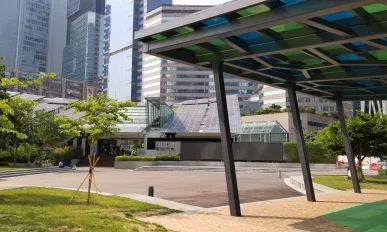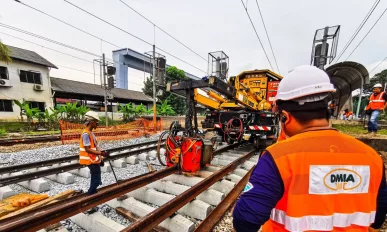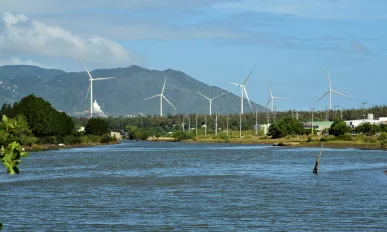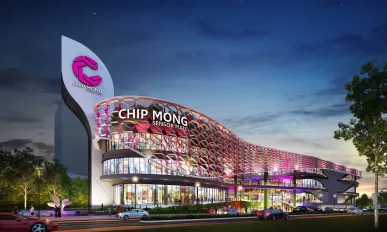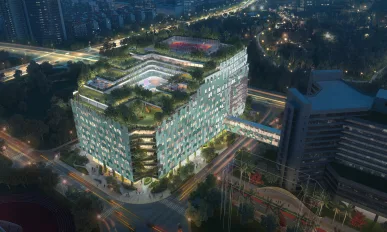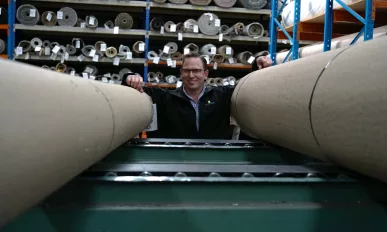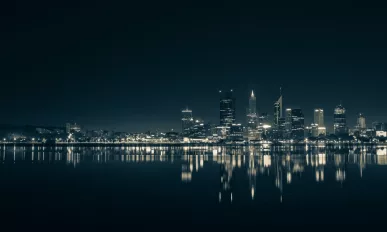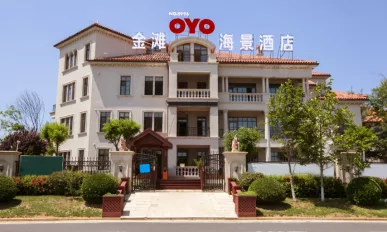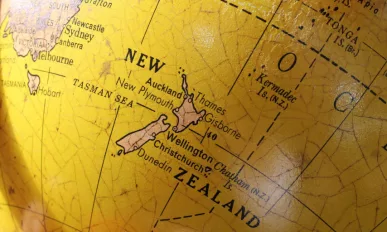Issue 45
Union Medical Healthcare : A Caring Profession
Having expanded its services, Union Medical Healthcare is focusing on what matters – looking after the wellbeing of its clients.
Trukai Industries : Producing for PNG
Trukai Industries Ltd has been building up a national rice industry for more than 50 years, its work centred around community and people.
Tony Ip Green Architects : Architecture for Green Living
Tony Ip Green Architects has been instrumental in driving forward sustainable building and renovation work in Hong Kong.
Dhaya Maju Infrastructure (Asia) : Keeping Malaysia On Track
Dhaya Maju Infrastructure (Asia) continues to spearhead vital rail projects across the country to ensure socioeconomic development.
Halcom Vietnam : The Renewable Renaissance
HALCOM Vietnam drives sustainable development across the country, the company spearheading a number of pioneering renewable energy projects.
Chip Mong Retail : Customer Experience is King
Michael Vong, Shopping Mall Director at Chip Mong Retail, provides his insights into the volatile and fast-growing Cambodian retail sector.
B+H Architects : Designed to Inspire
As the world responds to the challenges presented by the coronavirus outbreak, B+H Architects has embraced new ways of working.
Andersens Floor Coverings : Curating the Country Town Culture
Andersens Flooring Coverings is embarking on an ambitious plan to grow its franchise network across Australia, the brand built on its unwavering commitment to providing exceptional personalised service.
Global Responders Group : Answering the Call
Global Responders Group has emerged as a leading provider of integrated risk management solutions, its responsive, adaptive network of expertise able to satisfy any client’s Crisis Management and QHSE needs.
Schneider Electric: Futureproofing Businesses post-COVID-19
Energy management and digitisation are two solutions which could help businesses across Asia recover from the impact of the pandemic, says Schneider Electric.
Exploring Smart Cities in Australia and New Zealand
Smart cities in Australia and New Zealand are pioneering innovative technologies to improve sustainability, quality of life and urban resilience.
IoT and the Digital Transformation of APAC Businesses
The Asia Pacific region is well on its way to becoming the world’s biggest hardware, software and services market for the internet of things (IoT), with regional spending expected to reach $398.6 billion in 2023.
OYO Hotels and the Impact of COVID-19
We ask Hotel Giant OYO how COVID-19 has impacted them and how they have adapted as a business following the pandemic.
How New Zealand Responded to COVID-19 : An Analysis
Four months after a strict lockdown, New Zealand is being held up as a shining example of success after COVID-19. We examine why New Zealand's coronavirus response was so effective.



